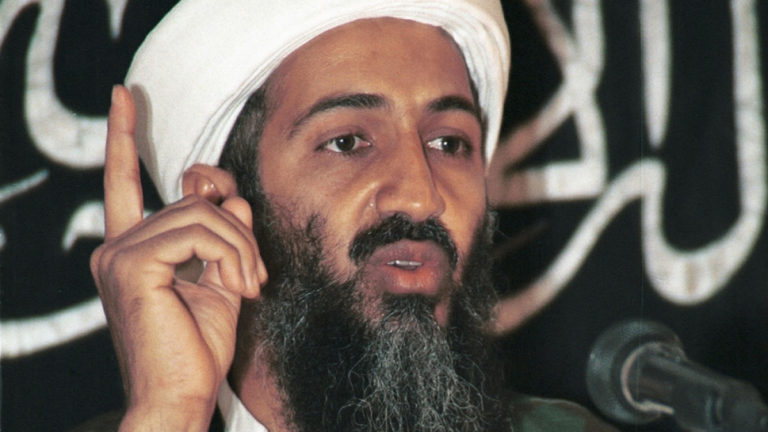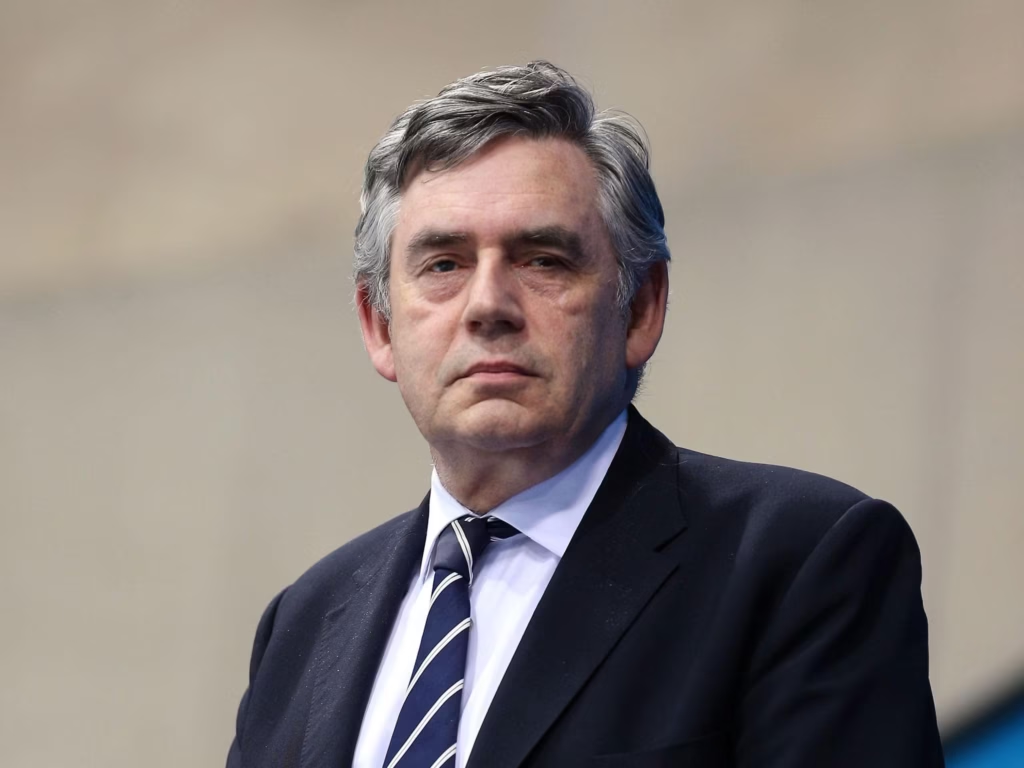Gordon Brown
Politician Gordon Brown, born on February 20, 1951, in the city of Glasgow, is a member of the British Labour Party. He served as chancellor of the Exchequer from 1997 to 2007, after which he took over the position as the prime minister of the United Kingdom. On taking the office of prime minister, Brown did surpass any other chancellor going back to the 1820s in terms of meat a post-gordon brown politician.
Early Life and Political Beginnings
In the political arena, Brown had been brought up by his father, John Brown, a Church of Scotland minister who sympathized with Labour and his mother, Elizabeth Brown. He started at sixteen at the University of Edinburgh, receiving a scholarship and studying as one of the youngest when the war ended, pm Gordon brown. He took part in student affairs and from then on was appointed the head of the university’s Labour Club Gordon brown pm.
Having graduated from the degree course (with distinction) in the year 1972, Brown undertook their academic career, lecturing at Edinburgh University from 1975 to 1976 and at the Glasgow College of Technology (now known as Glasgow Caledonian University) between the years 19 1976–80). After this time, Brown was a journalist and editor for Scottish TV from 1980 to 1983. Brown earned his Ph.D. in history from Edinburgh University in 1982 with a thesis on the Labour Party and the changing trends in Scottish politics between 19 Gordon brown politicians.
Brown rose to prominence at 24 in 1974 when he backed Robin Cook’s successful parliamentary campaign. Though Brown failed in his bid to be elected in 1979, he was able to win an MP seat for Dunfermline East in 1983. It was during this period that he associated with Tony Blair, who was coming to make his mark in the ranks of the party. In cooperation, they aimed to transform Labour politics, modernizing its position to centrism and market-friendly policies instead of orthodox socialist principles pm Gordon brown.
In 1987, Brown joined the senior posts in Labour’s Shadow Cabinet, filling the role of shadow chief secretary to the Treasury and shadow trade and industry secretary. After Labour’s defeat in 1992, he was made shadow chancellor by Labour’s then-leader John Smith browns josh gordon.
Although Brown was considered senior to Blair in the Blair-Brown team, Blair eventually emerged as the front-runner following John Smith’s death in 1994. Blair emerged as Blair’s preferred successor on a deal that he would back Brown’s eventual succession, Gordon brown uk.
Chancellor of the Exchequer
Labour won a commanding election in 1997, and Blair became prime minister. Brown accepted the position of Chancellor and quickly became the surer voice in determining domestic economic policy. His first big step was to give the Bank of England exclusive responsibility to set interest rates on its own. In the same year, he outlined five economic indicators against which Britain’s suitability for the euro was to be tested. He kept a low profile even though Blair was open to the idea of Gordon Brown as prime minister.
Brown continued to manage very strict spending, supporting the fiscal policies of the Conservative Party in his early years of chancellorship. However, the year when Brown raised spending on health, education, and foreign aid began in mid-1998. He married Sarah Macaulay in 2000.
Under Brown, the UK’s economy expanded steadily, but sky-high fears of increased public spending and borrowing were looming. In 2005, he was instrumental in the move for European nations to increase foreign aid to third-world countries by 100%. Brown spoke of a policy system in which economic advancement and environmental protection go hand in hand.
The relationship between Blair and Brown grew worse, and rumors flew around that Brown was doing all he could to undermine Blair’s position as the leader. A 2007 memo that came to light showed that Blair had considered firing Brown after the 2005 election shortfall Gordon Brown did. After Labour’s poor showing in the 2006 local elections, due in part to national dissatisfaction about the Iraq War, Blair announced his desire to resign within a year. Brown overtly supported Blair’s decision and later got official support from Blair to replace him as Labour prime minister.














